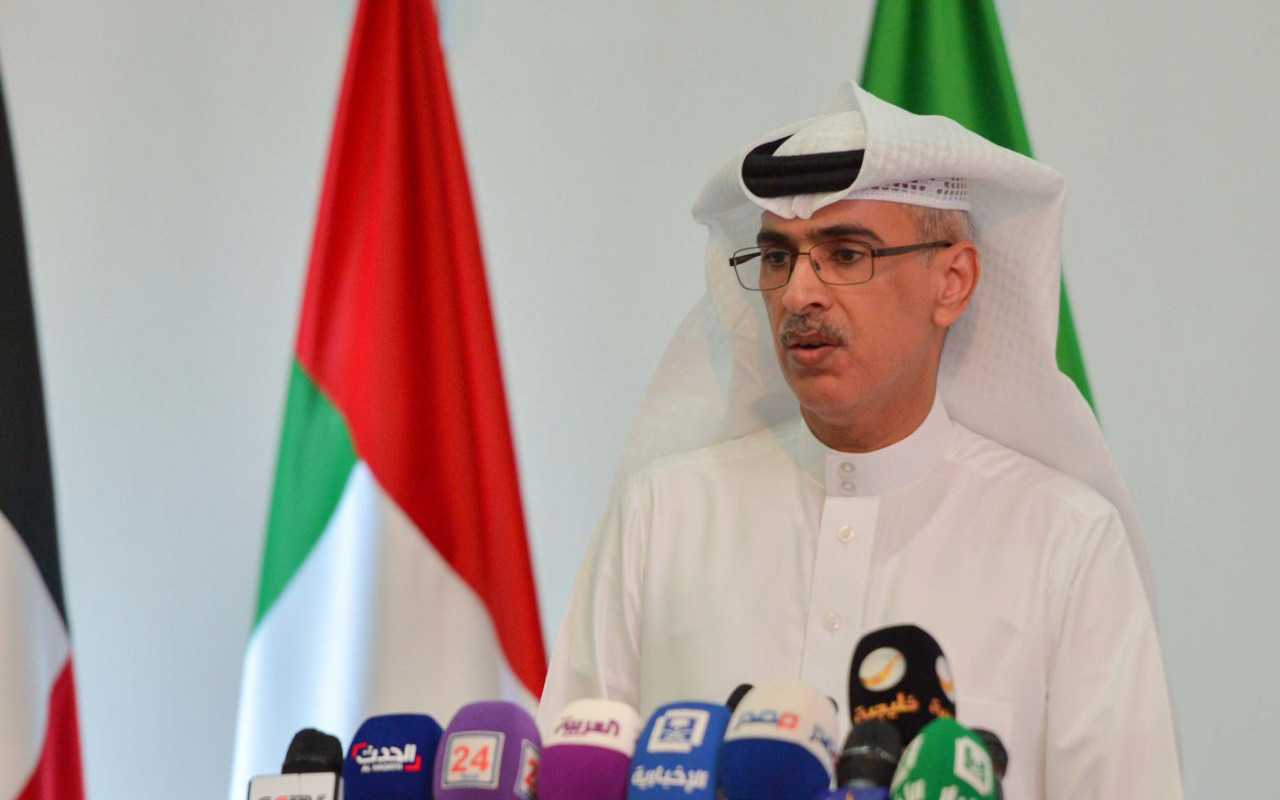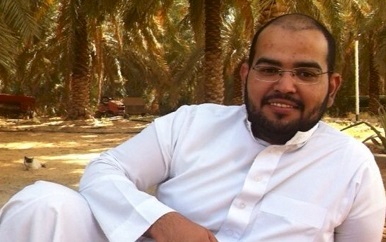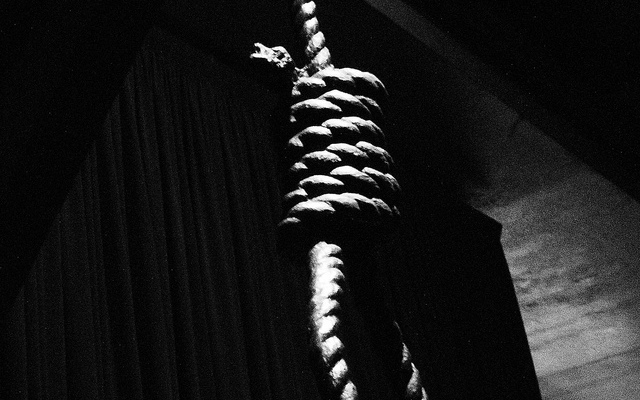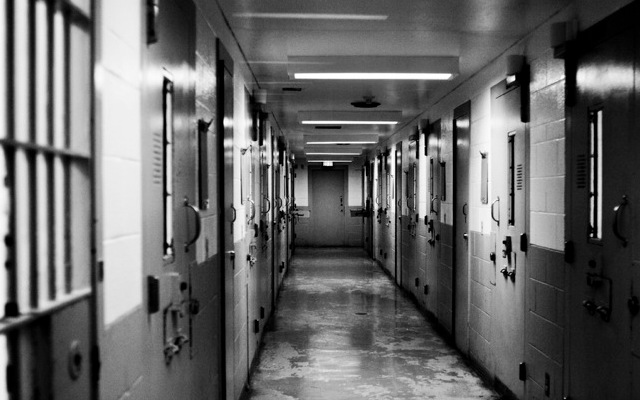On Thursday 1 December, Saudi Arabia’s Specialized Criminal Court (SCC) increased the prison sentence of Saudi human rights defender Issa al-Hamid from nine to 11 years. Al-Hamid is a founding member the Saudi Association for Civil and Political Rights (ACPRA) and the younger brother of fellow human rights activists, Abdullah al-Hamid and Abdurrahman al-Hamid, both[…]
Saudi Arabia has appointed Bahraini judge Mansour al-Mansour to advise the Saudi-led coalition in Yemen’s Joint Incidents Assessment Team (JIAT). The JIAT is the coalition’s investigatory and accountability body tasked with reviewing alleged human rights abuses, including attacks on civilians. Mansour al-Mansour, now poised to issue verdicts on alleged human rights violations in Yemen, previously[…]
Abdulaziz al-Shubaily is a Saudi human rights lawyer and founding member of the Saudi Association for Civil and Political Rights (ACPRA). For years he represented prisoners of conscience, women activists, and fellow ACPRA members. In June 2016, the Specialized Criminal Court (SCC) sentenced al-Shubaily to eight years in prison as a result of his work with ACPRA. As one[…]
On 6 December 2016, Saudi Arabia sentenced 15 people to death for allegedly spying for Iran. The Specialized Criminal Court in Riyadh sentenced 15 other suspects to prison terms ranging from six months to 25 years and acquitted two individuals. Of the 32 subjects, 30 are Shia, while the other two are Iranian and Afghani[…]
On 4 November 2016, scattered details emerged that the number of prisoners awaiting execution in Saudi Arabia increased by two. Munir al-Adam and Abdullah al-Tarif will join 57 prisoners who are either on death row and awaiting execution, who have been sentenced to death and whose cases are in appeal, or for whom the Public[…]









